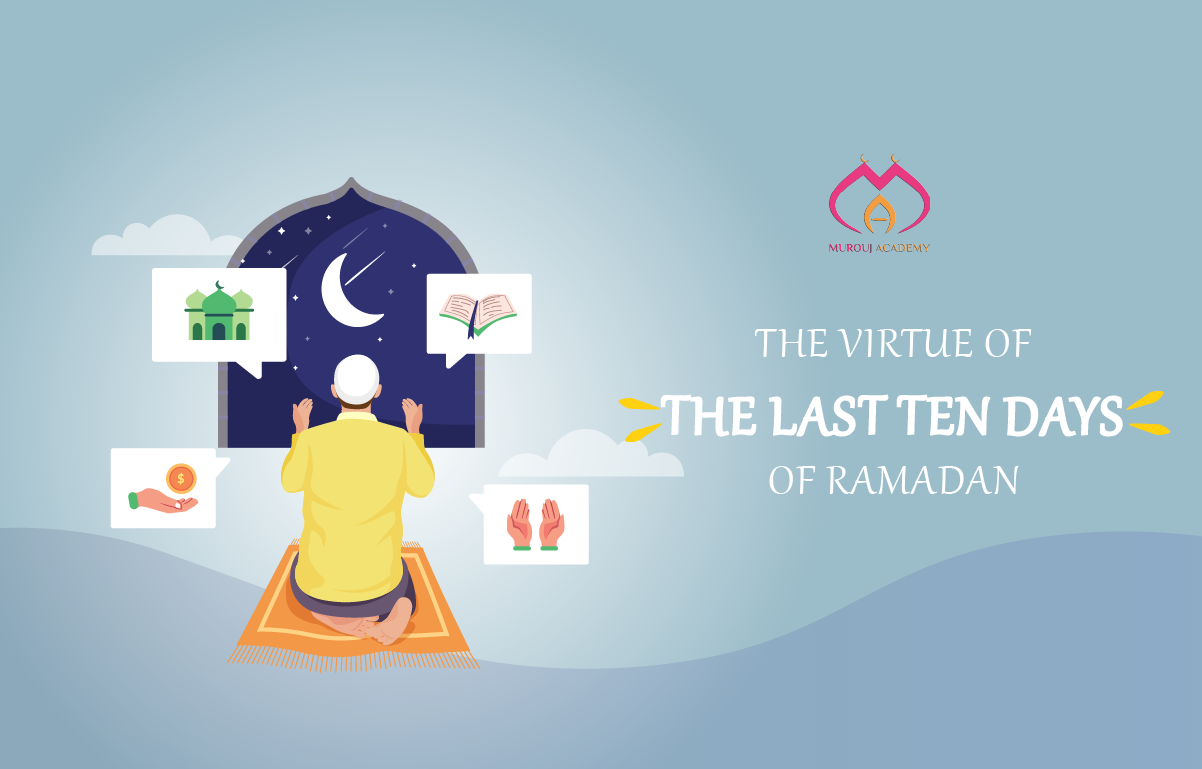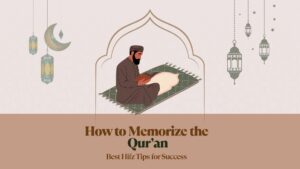Worship in the month of Ramadan has a greater reward than the rest of the months because Ramadan has a special status and virtue approved by the Sharia. With you, the last ten days of Ramadan have a much greater value, as if the beginning of the month is a stimulus to make the best use of these days. Together, we learn about the merits of the last ten days of Ramadan in this article, referring to the hadiths of the Messenger, peace be upon him, about them and the interpretations of the Quranic verses that referred to them.
Night of Qadr
Laylat al-Qadr is the most important night for Muslims, as God Almighty has made it superior to all other nights of the year. God revealed the Noble Qur’an on that night, which the Lord of the Worlds described as blessed, and it was authenticated on the authority of a group of the predecessors, including Ibn Abbas, Qatadah, Saeed bin Jubair, Ikrimah, Mujahid and others, that the night in which the Qur’an was revealed is the Night of Decree. God Almighty revealed to His Prophet, peace be upon him, a whole surah about this night of Qadr, and it was named after it: “We have indeed revealed this (Message) in the Night of Power: And what will explain to thee what the night of power is? The Night of Power is better than a thousand months. Therein come down the angels and the Spirit by Allah’s permission, on every errand: Peace!…This until the rise of morn”!
And God – the Blessed and Exalted – concealed from His servants the definite determination of Laylat al-Qadr. mercy on them; so that their work abounds in seeking Laylat al-Qadr in those virtuous nights, by remembrance and prayer, by supplication and repentance, and by weeping and repentance; So that they may become closer to God, and that their reward from God will be multiplied for them, and that he who was serious in asking for it, and eager for it, should know who was lazy and negligent.
The Prophet, peace be upon him, did not specify for Muslims the fixed date for Laylat al-Qadr, but rather urged Muslims to worship and do their best while investigating it in the last ten days of the holy month of Ramadan, and this is considered one of the most important reasons that give these last ten days special sanctity and double rewards for worship. Narrated Ibn `Abbas:
The Prophet (ﷺ) said, “Look for the Night of Qadr in the last ten nights of Ramadan ,’ on the night when nine or seven or five nights remain out of the last ten nights of Ramadan (i.e. 21, 23, 25, respectively).
The diligence of the Prophet, may God’s prayers and peace be upon him, is above what he used to strive for in others
This is one of the virtues of the last ten days of Ramadan and its characteristics. As Muslim narrated from the hadith of Aisha, may God be pleased with her, she said: “The Messenger of God, may God’s prayers and peace be upon him, used to strive in the last ten days, as he did not strive in others”, and from that he used to live the night in it; As in the hadith of Aisha, may God be pleased with her, she said: “When the first ten days of Ramadan began, the Prophet, may God’s prayers and peace be upon him, would tighten his apron, revive the night and wake up his family.” And in Sahih Muslim on the authority of Aisha, may God be pleased with her, she said: “And I did not see the Messenger of God, may God’s prayers and peace be upon him, stand up at night until the morning.”
And the Prophet – may God’s prayers and peace be upon him and his family – used to observe i’tikaaf during the last ten days of Ramadan. Except that he – may God’s prayers and peace be upon him – is traveling in a jihad in the way of God to invade, to seek God’s satisfaction. ‘A’isha (RAA) narrated, ’The Messenger of Allah (ﷺ) used to perform I’tikaf during the last ten days of Ramadan until he died. Then his wives used to perform I’tikaf after his death.’ Agreed upon.
I’tikaaf is one of the established Sunnahs, which is indicated by the Book of our Lord, the Sunnah of our Prophet, and the consensus of the nation. And the ultimate goal: emptying the heart to devote itself to worship and remembrance, to seek reward by investigating the Night of Qadr, and to distance oneself from the world with all its tragedies and splendors, with all that preoccupies the heart from the Lord – Blessed be He and seeking the Righteousness and Struggle for the Hereafter.
A Muslim should pay attention and not waste his time in Ramadan and at other times, because he will be asked about his life and how he spent it, but Ramadan is more worthy of not wasting time, and the last ten days of it are more worthy than the first, so the Muslim strives himself over and over again. The beginning of Ramadan, so let him not fall short at the end of it, and let him know that they are “a few days” as described by God Almighty in the Holy Qur’an, and it will not take him much effort But it may be a reason for him being one of those freed from Hell and blessed in Paradise.





